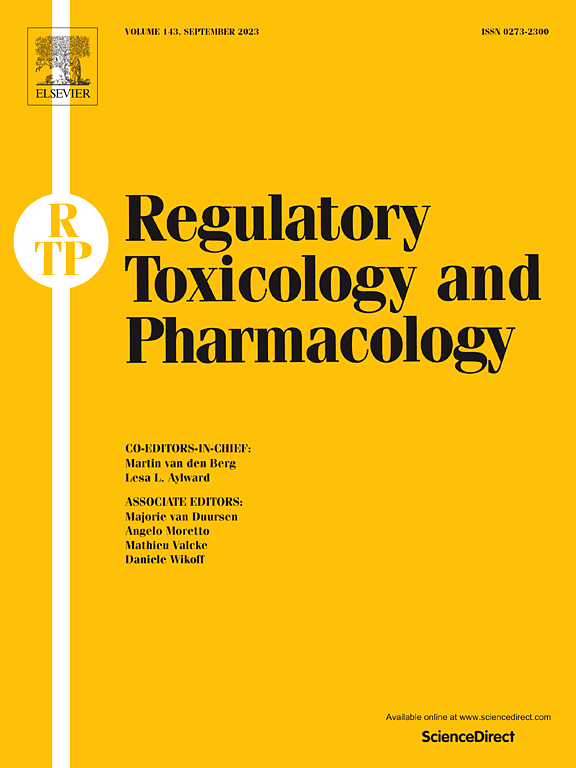ECETOC publication addresses Dose Level Selection in Developmental and Reproductive Toxicity Studies
Navigating the intricacies of dose level selection in toxicity studies poses significant challenges, particularly concerning the highest dose tested. To offer further analysis and guidance on this topic, ECETOC gathered a team of experts from governments, academia, NGO’s and industry and recently published the results of their work, which focuses specifically on developmental and reproductive toxicity (DART) studies.
Their evaluation identified a significant divergence between the current European Chemicals Agency (ECHA) recommendations and the established guidelines from the Organisation for Economic Co-operation and Development (OECD), as well as the consensus among DART experts. The primary findings indicate that the increase in dose levels – advised by ECHA – aiming to induce clear signs of reproductive toxicity may lead to excessive, non-relevant secondary effects. This misalignment poses risks of misinterpreting study outcomes, potentially impacting human health risk assessments.
"As our understanding of toxicity evolves, it's imperative that our methodologies and approaches to dose level selection evolve in tandem,” says Dr Dick Lewis, Regulatory Science Associates, lead author of the paper. “ECETOC's guidance on dose level selection for DART studies represents a crucial step towards ensuring the relevance and reliability of toxicological research in protecting human health and the environment."
The experts’ report emphasizes the necessity of a balanced, biologically grounded approach to dose selection, respecting the intricate maternal-placental-fetal relationship, and calls for adherence to a framework that integrates scientific understanding with animal welfare and regulatory requirements.
"DART studies in animals are uniquely vulnerable to high dose-induced toxicity, which can yield findings irrelevant to human exposures and cause unnecessary animal suffering," says Dr Fiona Sewell, Head of Toxicology, NC3Rs. "This paper provides researchers with guidance on a science-driven approach to inform dose selection in these studies, to reduce and refine animal use and ensure meaningful, human-relevant data is generated.”
“At ECETOC, we remain committed to advancing scientific approaches in toxicology and ecotoxicology, promoting trusted, humane, and sustainable methodologies” comments Blanca Serrano, Secretary General of ECETOC “This report proves that by leveraging all available and relevant data, including in vitro and in silico tools, researchers can make informed decisions that prioritize human health protection while minimizing animal suffering."
Read the full article on Regulatory Toxicology and Pharmacology. For more information on ECETOC's work on dose level selection in toxicity studies, please visit www.ecetoc.org.

